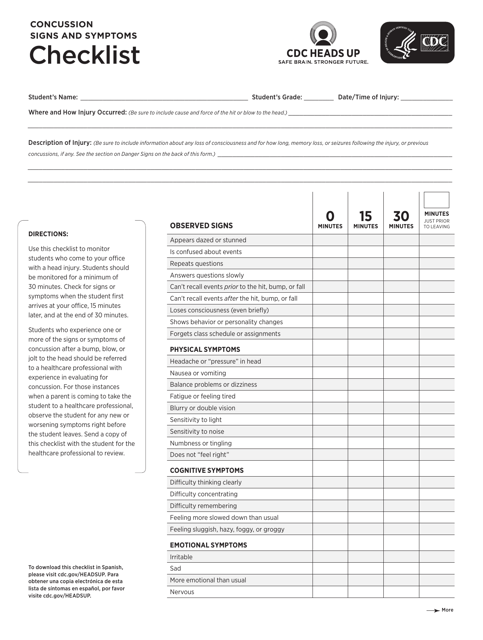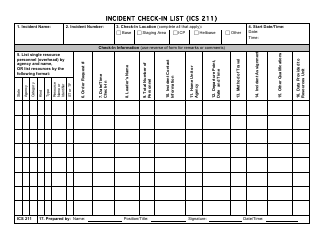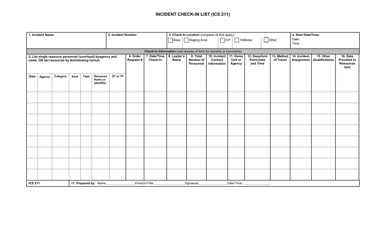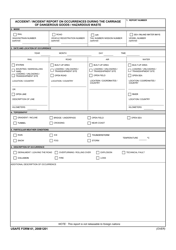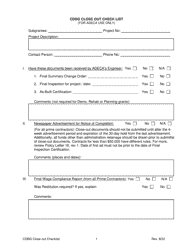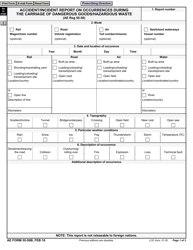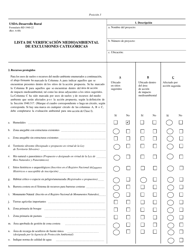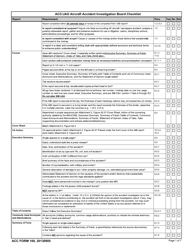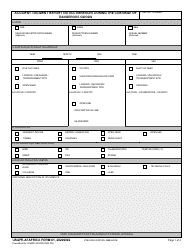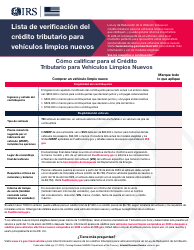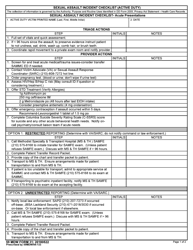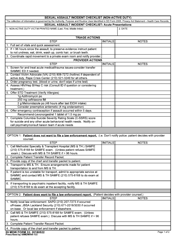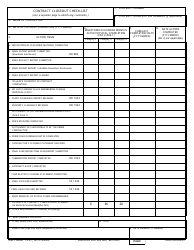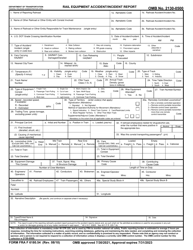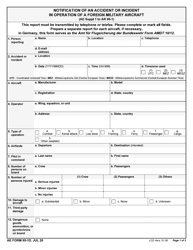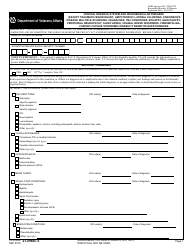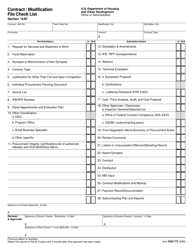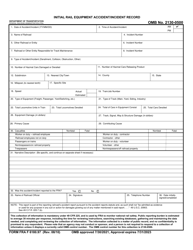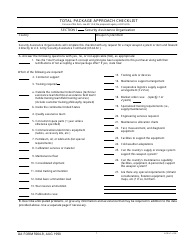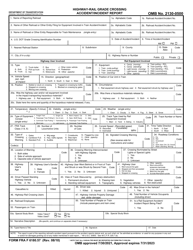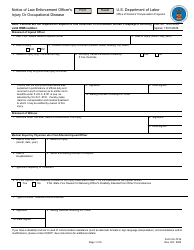Concussion Signs and Symptoms Checklist
Concussion Signs and Symptoms Checklist is a 2-page legal document that was released by the U.S. Department of Health and Human Services - Centers for Disease Control and Prevention on August 1, 2019 and used nation-wide.
FAQ
Q: What are the signs of a concussion?
A: Signs of a concussion may include headaches, dizziness, nausea, confusion, memory loss, and changes in behavior.
Q: What are the symptoms of a concussion?
A: Symptoms of a concussion may include headache, dizziness, sensitivity to light and noise, trouble concentrating, and mood changes.
Q: How do I know if I have a concussion?
A: If you experience any of the signs or symptoms of a concussion, it is recommended to seek medical attention for an evaluation.
Q: What should I do if I suspect a concussion?
A: If you suspect a concussion, it is important to rest and avoid activities that could worsen the injury. Seek medical attention for an evaluation.
Q: How long do concussion symptoms last?
A: Concussion symptoms can vary, but they commonly resolve within a week to a month. However, it is important to follow the guidance of a healthcare professional.
Q: Can I return to sports or physical activities after a concussion?
A: Returning to sports or physical activities after a concussion should be guided by a healthcare professional. It is important to follow proper protocols for recovery.
Q: What are the long-term effects of a concussion?
A: Some individuals may experience long-term effects after a concussion, such as problems with memory, concentration, or emotional well-being. It is important to monitor for any lingering symptoms and seek appropriate care.
Q: Can you prevent concussions?
A: While it is not possible to completely prevent all concussions, you can take steps to reduce the risk. This includes wearing appropriate protective gear, following safety guidelines, and practicing good sportsmanship.
Q: Are concussions common?
A: Concussions are relatively common, especially among athletes and individuals involved in physical activities. It is important to take any potential head injuries seriously and seek medical attention.
Q: What is the treatment for a concussion?
A: The treatment for a concussion typically involves rest, both physically and mentally. Avoiding activities that can aggravate the injury is important. Pain relievers and other medications may be prescribed as needed.
Form Details:
- The latest edition currently provided by the U.S. Department of Health and Human Services - Centers for Disease Control and Prevention;
- Ready to use and print;
- Easy to customize;
- Compatible with most PDF-viewing applications;
- Fill out the form in our online filing application.
Download a printable version of the form by clicking the link below or browse more legal forms and templates provided by the issuing department.
